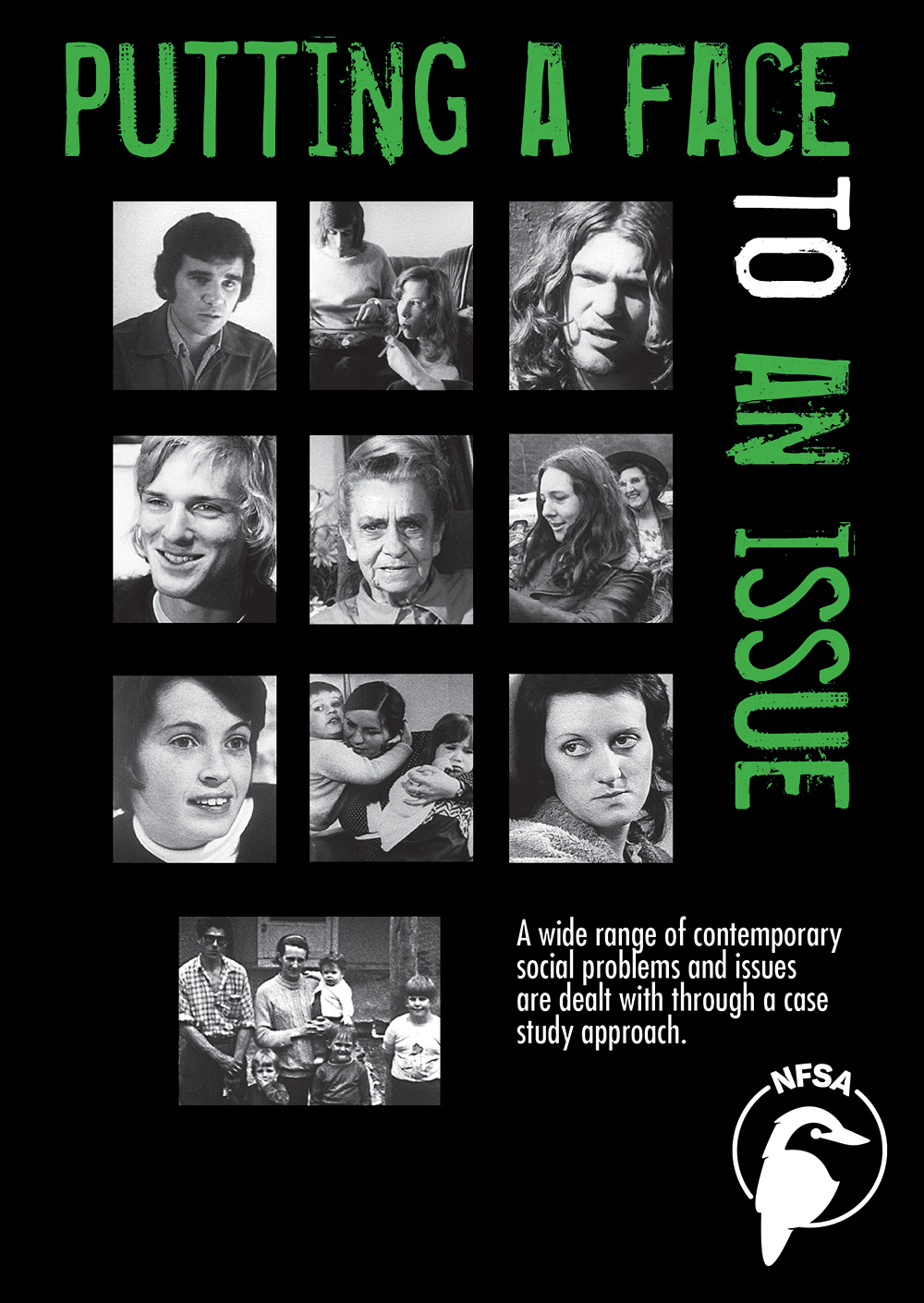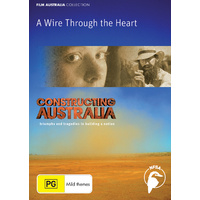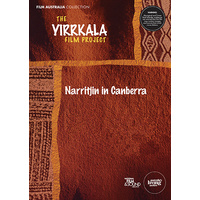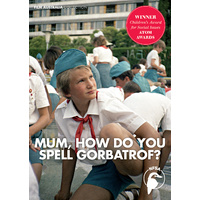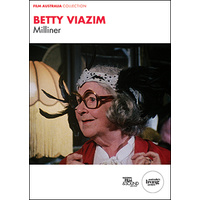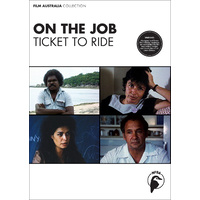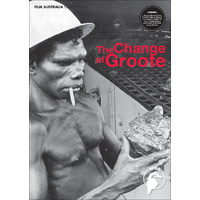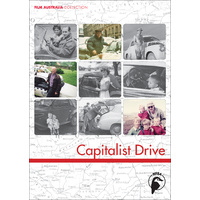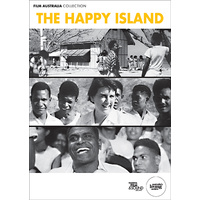1975, Total Running Time 100 minutes (10 episodes)
This series of films uses a case-study approach to deal with a wide range of contemporary social issues. Each person tells his or her story openly from within the familiarity of their own home surroundings. The result is simple and direct with a strong emotional impact. Made originally for discussion by a daytime television panel, the programs were intended to introduce the public to the range of social services available from government and other organisations.
CRUICKSHANK FAMILY (8 Minutes) John Cruickshank is an unskilled labourer with little education. He and his wife and three young boys have travelled all over New South Wales looking for work. They recently settled near Wellington where he has started his own gardening business, but his income is patchy and they have struggled to survive from week to week. Luckily they were successful in their application for extra medical support from the government, otherwise they would not have been able to survive economically over this past year.
HATTIE (9 Minutes) Hattie is a woman in her seventies, still alert and interested in the world. The common community activities on offer for the elderly hold no appeal for her. She talks about her feelings of loneliness in a society in which she no longer seems to have a place.
JANE (10 Minutes) Country girl Jane has moved to the city, In this film she talks about her new life in 'the big smoke' and compares the two environments.
JOAN (11 Minutes) Unmarried single parent Joan talks about her experience of bringing up her daughter alone.
MARGARET (13 Minutes) Margaret is a 14-year-old girl with an intellectual disability. Margaret was six when her disability was diagnosed and at seven, she was placed in an institution, but this proved disastrous and she has lived at home ever since. She has five siblings - two sisters and three brothers - and a loving, happy family life. In this film, her parents and sister talk about their feelings for Margaret and their concerns for her future.
MARK (11 Minutes) While holidaying with his family at their beach house, 17 year old Mark went for a swim, tripped and broke his neck. He is now a quadriplegic, living at home with his parents and one sister and about to sit for the Higher School Certificate. He talks about coming to terms with being confined to a wheelchair and his thoughts about the future.
REX (8 Minutes) Rex, a "teenage dropout", talks about his experiences. He left school and home at 16 when his father tried to force him to cut his long hair. In the two years since, he has walked out of a succession of jobs and homes into an "underworld of youth and drugs, dropouts and despair". However, next year he plans to matriculate at a technical college although he still feels there is no place for him in mainstream society. Rex talks about his future and asks a wide range of questions about the way society works.
SENKA Senka migrated to Australia with her husband from Yugoslavia over four years ago and since then has become a mother. Senka loves to work, not just for the money but because she needs friends around her. Although she loves her children she feels lonely at home and can hardly wait to get back to work on Mondays. But since she started work she has had trouble finding the right babysitter. She has changed carers many times, mainly because they have neglected the children in some way. She says in Yugoslavia it is different-when you go to work you take your children with you to a kindergarten run by your employer. Senka wishes that Australia could have this facility also, then her children could benefit by playing with other children, learning English and generally preparing for school.
VICKI (10 Minutes) Born without arms, Vicki talks about her experiences. She recalls how, with patience and lots of encouragement, her mother taught her to use her feet instead of hands. She describes her choice not to use artificial arms, her schooling and the process of finding a job. And she talks of her hopes for the future with her fiance Trevor and his family, whom she has adopted as her own (her own mother dying when Vicki was only eight).
JOSE (10 Minutes) Single father Jose talks about his experiences. Since his wife left the family, Jose has been forced to place his three sons into care as he cannot manage to hold down his job and have the children at home. He sees them only at weekends. Jose talks about his feelings and how he once tried to commit suicide and also describes the difficulties of finding a new partner.
Made for the Department of Social Security by Film Australia. © 2011 National Film and Sound Archive of Australia.
(002714000)
Directors: Bob Kingsbury, Phillip Robertson, Graham Chase, Debby Kingsland
Producer: Suzanne Baker
Cinematographers: Dean Semler, Michael Edols
Year: 1975
Total Running TIme: 100 Minutes
Classification: Exempt from classification
Curriculum Links: Childhood and Youth Studies; Community & Family Studies; Counselling; English K-10: 'Cultural, Social and Gender Perspectives'; Health and Human Services; Nursing; PDHPE; Psychology; Social Work; SOSE; Transitions in Ageing; Youth, Family and Parenting Studies.
SEE ALSO
| SKU | 002714000 |
| Brand | Film Australia |

